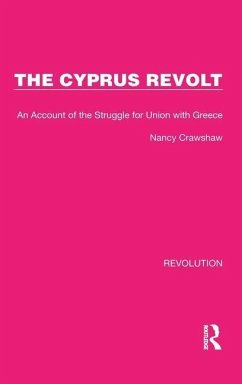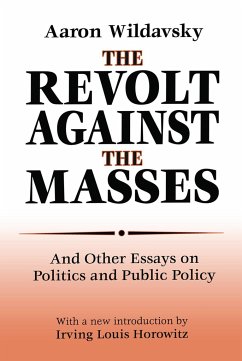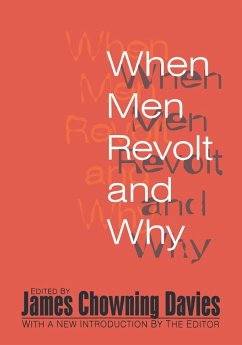
The Mobilization and Demobilization of Middle-Class Revolt
Comparative Insights from Argentina
Versandkostenfrei!
Versandfertig in 1-2 Wochen
167,99 €
inkl. MwSt.

PAYBACK Punkte
84 °P sammeln!
Adopting Argentina's popular uprisings against neoliberalism including the 2001-02 rebellion and subsequent mass protests as a case study, The Mobilization and Demobilization of Middle-Class Revolt analyzes two decades of longitudinal research (1995-2018), including World Bank and Latinobarómeter household survey data, along with participant interviews, to explore why nonpolitically active middle-class citizens engage in radical protest movements, and why they eventually demobilize. In particular it asks, how do they become politicized and resist economic and political crises, along with thei...
Adopting Argentina's popular uprisings against neoliberalism including the 2001-02 rebellion and subsequent mass protests as a case study, The Mobilization and Demobilization of Middle-Class Revolt analyzes two decades of longitudinal research (1995-2018), including World Bank and Latinobarómeter household survey data, along with participant interviews, to explore why nonpolitically active middle-class citizens engage in radical protest movements, and why they eventually demobilize. In particular it asks, how do they become politicized and resist economic and political crises, along with their own hardship? Theoretically informed by Gramsci's notions of hegemony, ideology and class consciousness, Ozarow posits that to affect profound and lasting social change, multisectoral alliances and sustainable mobilizing vehicles are required to maintain radical progressive movements beyond periods of crisis. With the Argentinian revolt understood to be the ideological forbearer to the autonomist-inspired uprisings which later emerged, comparisons are drawn with experiences in the USA, Spain, Greece UK, Iceland and the Middle East, as well as 1990s contexts in South Africa and Russia. Such a comparative analysis helps understand how contextual factors shape distinctive struggling middle-class citizen responses to external shocks. This book will be of immense value to students, activists and theorists of social change in North America, in Europe and globally.












